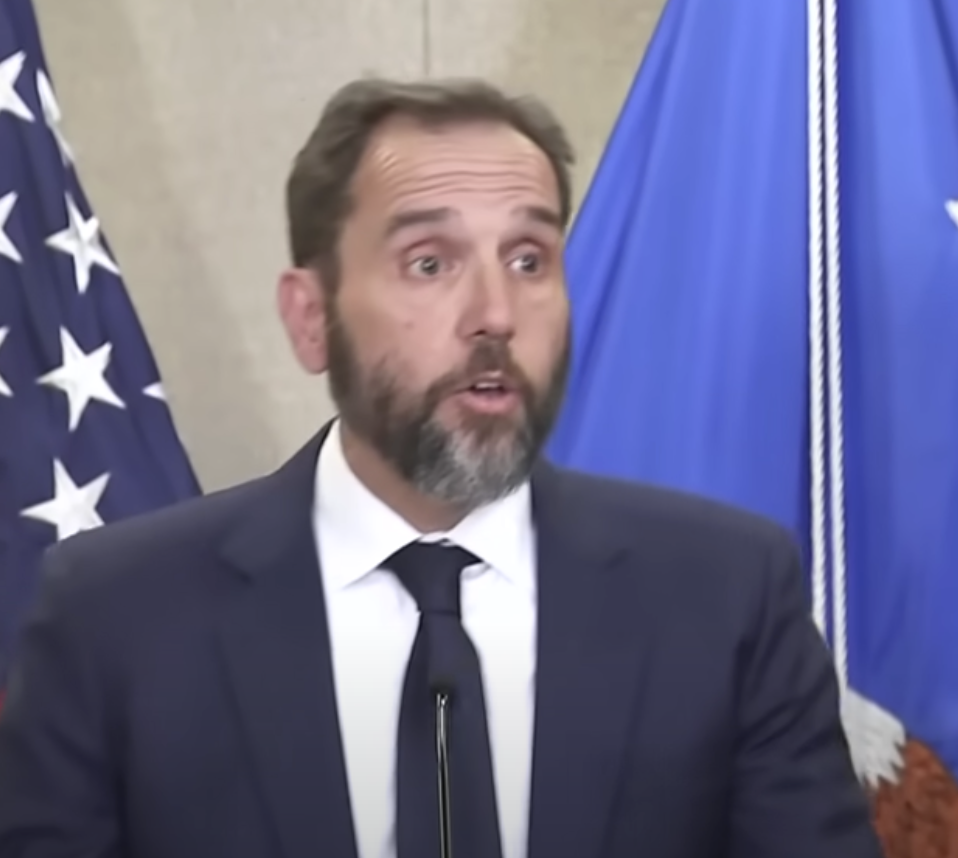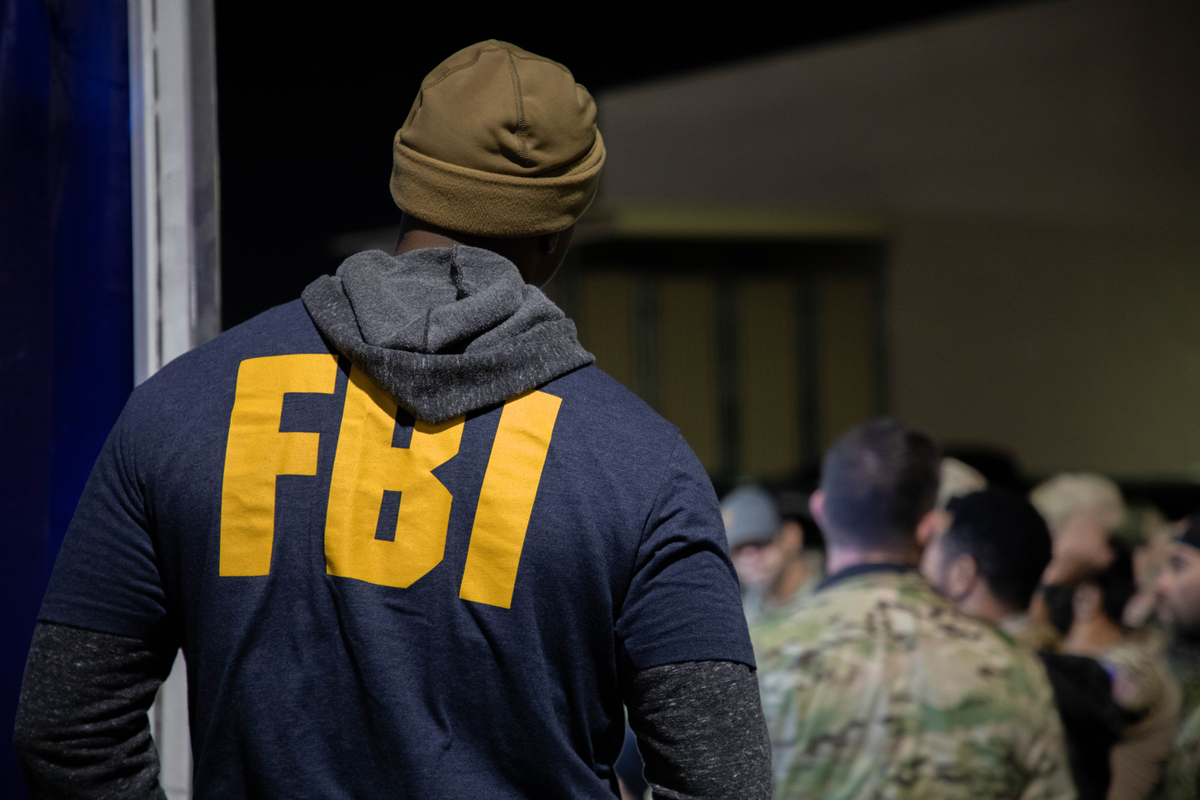James G. Huse, a regular columnist for ticklethewire.com, is a retired assistant director of the U.S. Secret Service and a retired Inspector General for Social Security.
By James G. Huse Jr.ticklethewire.com

There is significant agitation and unease in the ranks of my brother and sister agents of the Secret Service, both active and retired, with the recent publication of Ronald Kessler’s new book, In the President’s Secret Service: Behind the Scenes with Agents in the Line of Fire and the Presidents They Protect.
Mr. Kessler’s well-marketed book is a pastiche of titillating anecdotes and facts served up about Secret Service protected dignitaries and operations by loose-tongued former and active agents as well Mr. Kessler’s own research and opinions.
The majority of retired and active service agents are disappointed to say the least by the willingness of those who cooperated with Mr. Kessler’s research, and broke an unwritten compact with Secret Service protected dignitaries, past and present, that warranted their private lives.
Obviously, such a tradition is central to the ability of the Secret Service to have the trust of and the access to those it protects. Without this “understanding” that their privacy is sacrosanct, the protection of these individuals would be incredibly more complicated and remote.
Such close access bespeaks discretion and judgment. The fact this tradition has been damaged by these self-promotional disclosures, angers the majority of agents, past and present, whose silence, in this instance, is their bond.
There are no non-disclosure oaths that Secret Service agents swear to as a condition of their employment other than those associated with national security information.
What has prevailed through history is a code of personal responsibility: The importance of this critical trust and discretion for the success of the protective mission.
That self-discipline has been assaulted by these reckless disclosures. The other perplexing dimension to these disclosures is to what end were they made? Certainly, no honor comes to those who broke faith with this tradition.
No one faults, Mr. Kessler for his enterprise or his right to publish his book, but there is ample disgust and embarrassment for these erstwhile professional comrades who have broken our ranks, and told him private tales for some incomprehensible illusion of celebrity.
This is a sad consequence of life today where any story, no matter how profane or sacred, is brought to light simply for the fleeting and momentary celebrity of the teller-of the tale.
The other flaw in Mr. Kessler’s book is his misunderstanding of the complexity and nature of the Secret Service’s protective mission which lead to his claim that the Secret Service isn’t doing its job.
While some of his facts are true — such as the repotting of the Secret Service from the Treasury Department in
to the new Department of Homeland Security after September 11, 2001, which has complicated its mission performance — his overall conclusions are developed with a core flawed premise.
As every agent learns in their first weeks on the job, there is no such thing as perfect security.
The mission of the Secret Service, in our democracy, is to bring in the security margins for its protected dignitaries, as much as possible, in continuous, dynamic actions influenced by intelligence assessments, finite budget and resource parameters, and the collective experience and wisdom of its operatives.
There is no one standard for protective operations. The art of fulfilling this critical mission is to apply the right mix of these capabilities in an appropriate manner based on a spread of variables.
In reality, the leadership of the Secret Service has always had to balance fulfilling the mission against the free exercise of the functioning of our government and the rights of our citizens.
The truth is, looking around the world at similar agencies with like responsibilities, nobody does it better than the Secret Service.
Finally, there is a sense of sadness that some in our ranks broke faith with our traditions. They were wrong to do that, and should not be counted in our number.




